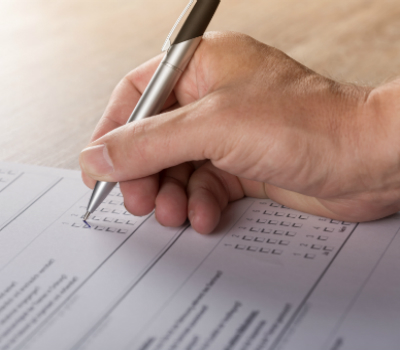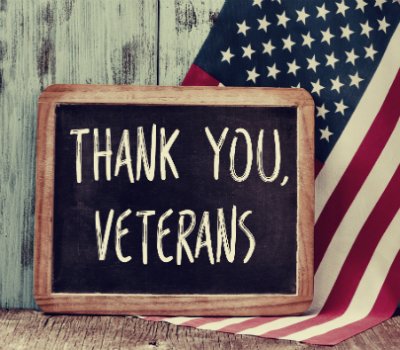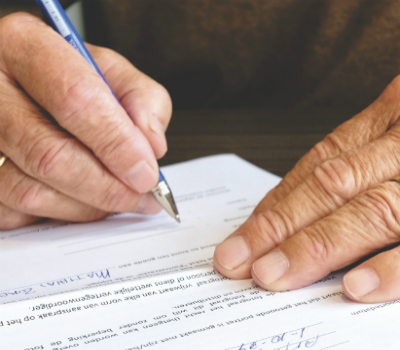Legal Advice
After a death, there are many legal details to work out. While it is not necessary to work with a lawyer, it is strongly recommended. Estate lawyers The time following a death of a loved one is extremely emotional, and even the closest family may have disagreements. To ensure lasting peace in the family, it is a good idea to let a lawyer figure things out.
Before getting in touch with a lawyer, there are several important documents that you need to gather. Those include:
- Any wills that you are aware of.
- Deeds
- Bank Statements
- Insurance Policies
- Vehicle and Boat titles
- Tax Documents

Grief Support
In-House Grief Support
Offered every Thursday beginning at 3:00 p.m. with Kevin Hall. You don’t have to call ahead, just come and be supported or support others.
Web-Based Support
GriefNet: //griefnet.org Grief Net is an Internet community of persons dealing with grief, death, and major loss. They have many email support groups. Their integrated approach to online grief support provides help to people working through loss and grief issues of all kinds.
Willowgreen: http://www.willowgreen.com/ A leading provider of information and inspiration in the areas of illness and dying, loss and grief, healthy care-giving, life transition and spirituality.
Aftercare
What needs to be done after the funeral?
- Notify life insurance agencies and obtain claim forms. We will be happy to provide this service for you.
- We will provide the Social Security office with form SSA-72 to notify them of the death.
- Check with fraternal or union memberships, as well as the Veterans Administration to see if any death benefits are available.
- Notify utility departments (electric, telephone, gas, water, etc.) to change billing information or discontinue service.
- Contact credit card companies to notify them of the death. Some companies include insurance on their accounts to pay off any outstanding balance.
- Stop coverage for the deceased on any health insurance plans. Some companies have a death benefit rider, so make sure you ask when you contact them.
- Notify banks, investment companies, and pension or retirement accounts.
- Determine outstanding debts, etc. Credit life insurance coverage may be available on some loans.
- You may need to file an income tax return for the deceased, as well as an estate income tax if the estate itself generates any income.
- Obtain the will and contact the deceased’s attorney and the executor.
- Call your car insurance company. Lower rates may be available for the surviving spouse.
- Contact any life insurance companies that may have the deceased listed as beneficiary. You will need to update your beneficiary information. This will make things easier for you in the future.
Additional questions may be answered by contacting the Clerk of Court in the county where the deceased resided.
This list is not intended to be complete, and the items listed above may not apply in all cases. You should contact your attorney or financial adviser for specific advice regarding your individual situation.

 Bank Accounts
Bank Accounts
Procedures for bank accounts following death vary regionally. In some areas, bank accounts are automatically frozen after a death. To avoid any complications, the bank should be notified immediately. The bank employees will guide you through the next steps from there.
> LEARN MORE


 Wills
Wills
Everyone knows they should have a will, but the vast majority – about 70% of us – do not. Writing a will is easy and inexpensive, and once you are done you can rest easy, knowing your hard-earned money and property will be distributed according to your wishes, and that your loved ones will be taken care of in your absence.
> LEARN MORE

 Probate
Probate
Probate is the legal process that transfers the ownership of property from the estate of the deceased to their beneficiaries. During the probate process, the executor of your will goes before the courts and identifies all the property you owned, appraises the property, pays all debts and taxes, proves that the will is valid and legal, and distributes the property according to the instructions of the will.

 Executors
Executors
An executor is the personal representative of your estate. They are the person in charge of taking control of your assets, paying off any debts, and distributing assets to your beneficiaries per the terms and conditions of your will.
> LEARN MORE

 Veterans Information
Veterans Information
Looking for more information on Veterans? The U.S. Department of Veterans Affairs has the answers you are looking for. From Headstones Markers & Medallions to Burial Allowance & even forms, you can find this resourceful information on their website.
> LEARN MORE

Pathway Memorial Funeral Home
411 Union Avenue
PO BOX 367
Moberly, MO 65270
Phone: 660-263-PATH (7284)
Fax: 660-263-0899
E-mail: pathwaymemorial@att.net


